You already recognize Mena Massoud as the actor who brought Disney's titular character from Aladdin to life on the big screen. But did you know he's also written a book that explores vegan food across the country?
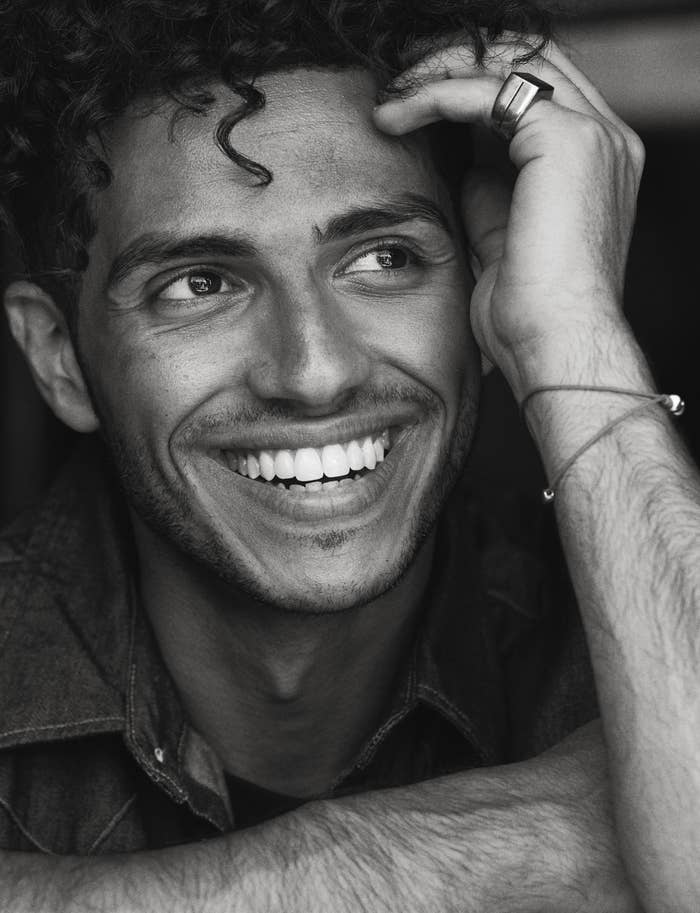
Evolving Vegan, out Sept. 15, is a new book written by Mena that's filled with droolworthy recipes and personal reflections from his travels across North America.
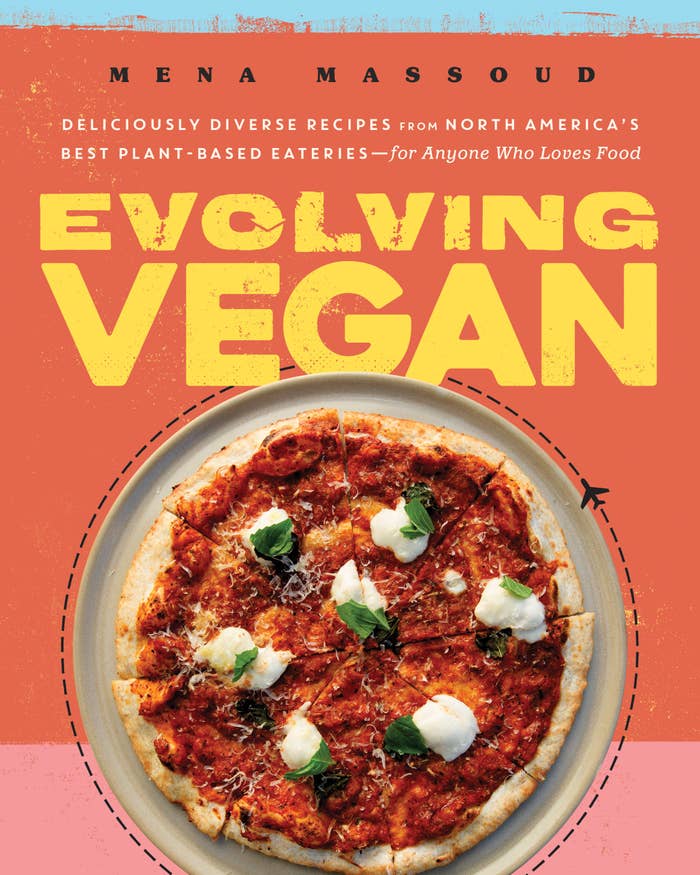
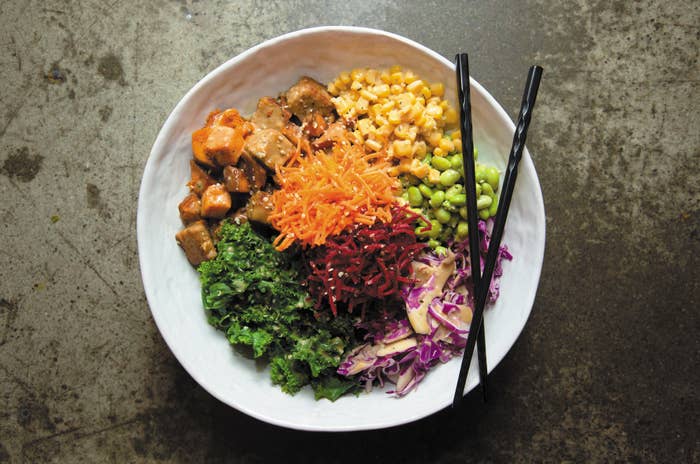
BuzzFeed: During your North American road trip, did anything specific surprise you along the way?
Mena Massoud: Cities surprised me. Washington, DC surprised me — it ended up being the home to two of my favorite restaurants on the whole tour — which I never would have thought! When you think of vegan food, you think of New York, Los Angeles, San Francisco, maybe, and Portland. Washington, DC really surprised me. There’s a restaurant there called Fancy Radish, where everything we tried was incredible. The flavor was amazing and they’re doing it right. So I think places, restaurants, and entrepreneurs that surprised me more than anything else.
For those who aren’t familiar with Evolving Vegan or haven’t read the book, can you explain what you mean by being an evolving vegan?
MM: I think the way we eat is ever-changing, diets are ever-changing. One day something is bad for us, and the next “oh, it’s good cholesterol now.” I feel like the way we eat and diet is always changing, and as long as we’re moving and evolving in the direction of plant-based eating, then we’re moving in the right direction. So that’s basically what evolving vegan means and why I started the company.
When I went plant-based, I felt like the term 'vegan' and community of vegans was a very judgmental place with very strict rules, and if you altered from those rules you were no longer a part of the community. So I just wanted to create a place where people felt included and welcomed as long as they were doing their best to evolve in the direction of plant-based eating.
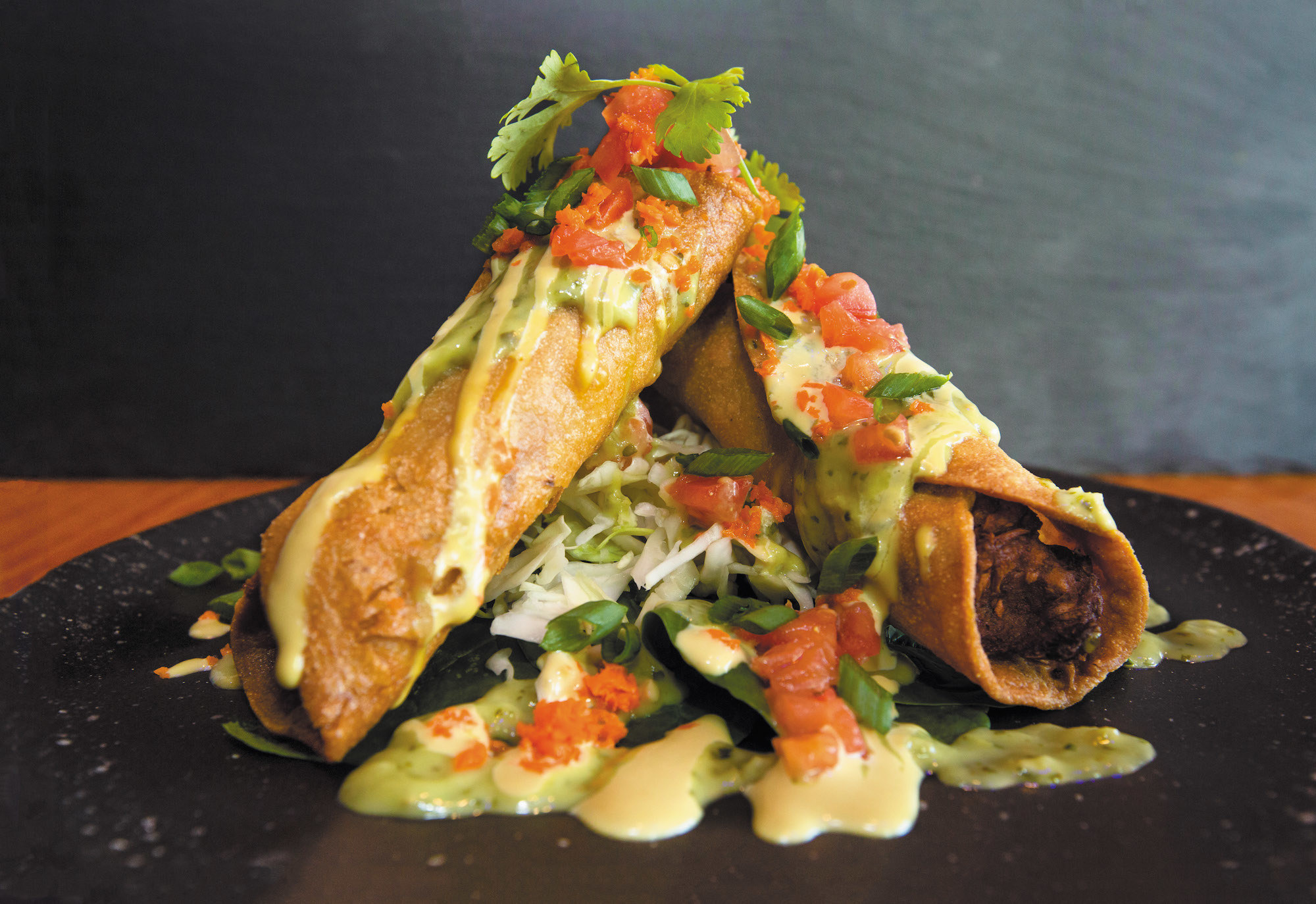
Speaking of inclusion, how do you feel about representation within the vegan community?
MM: I mention that in the book as well. With cookbooks, just in general, we tend to think of older, white women in their beautiful spotless kitchens. And that’s who we think of having cookbooks, you know? So I wanted to do something different there. I’m actually a young, Egyptian guy who is always trying to create an inclusive space for people who are neglected and unheard.
When I went vegan, me and my two best friends did a little bit of research based on how animal products were affecting our health and the environment. And we decided to evolve vegan — we decided to eat more plant-based and we slowly cut things out of our diets. For me, first it was red meat, then eggs, and then chicken. So I did it slowly. So I never felt like I wasn’t being welcomed into a vegan community because I never really was around one — but I did know that people had stereotypes about what veganism was and what vegan communities were like.
I was actually involved with a team back in Toronto called Meatless Manifesto far before Evolving Vegan. Meatless Manifesto was all about men and veganism because there’s also a huge stereotype when it comes to men and meat. You know, like, “men eat meat” and “men eat burgers” because “that’s what men do.” Or “veganism is only for women.” That was a huge thing back in 2014–2015, but there are still huge corporations who gear their meat advertisements to men.
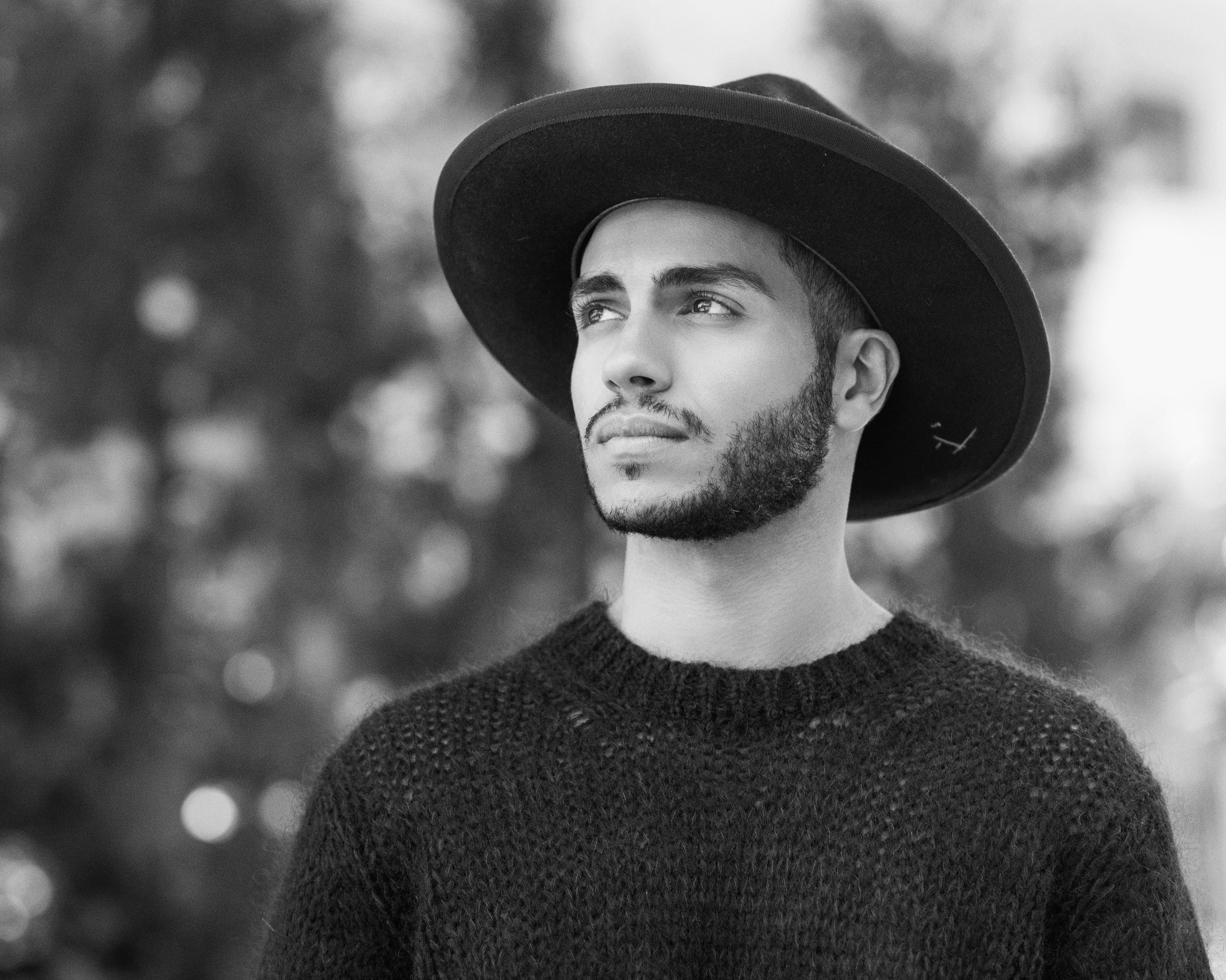
What inspired you to include your mother's recipes in the book? Were they foods from your childhood?
MM: The recipes are definitely from my childhood. My mom is an incredible cook, period. Even within our community, she's known to be one of the best cooks of all the Egyptian moms, so I knew that I was sitting on a gold mine.
I’m Coptic–Orthodox, I’m Christian, and for three months of the year, like Catholics, we give up something for Lent and for Christmas. In Orthodoxy, you actually give up all animal products — so you go vegan anyway. I grew up vegan about three months of the year anyway, and so did the rest of my family, so I grew up with these recipes. We didn’t call them “vegan,” but they were free of animal products. So I just wanted to take those recipes that I grew up with that I loved and that our community loved and put them in the book as well.
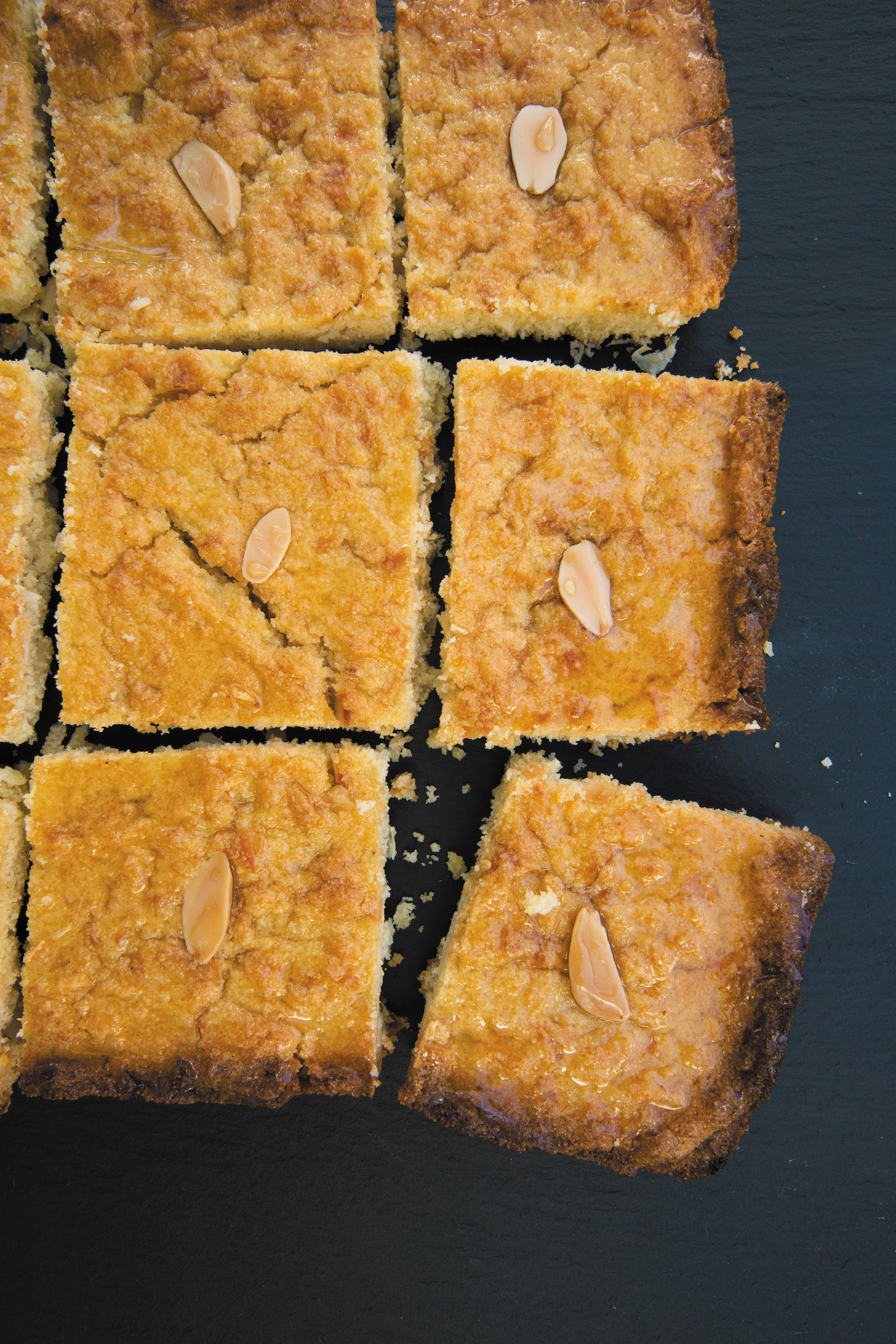
What was it like collaborating with your mom on the recipes for this book?
We had a lot of phone calls, especially because English isn’t her first language — Arabic is. So I had to be very specific in what she was writing and clarify some things. It was fun because cooking is her passion. Growing up, she did it at least once per day, if not two or three times a day. During the big festivities like Christmas and Lent, she probably cooked upward of 10 dishes for those meals. So she’s always been an incredible cook and it was fun collaborating in this way.
You've also included your own recipes in this cookbook. Did you develop them for this book, or are they staples you’ve come up with along the way?
MM: Yeah, they’re staples that I’ve come up with along the way. Honestly, what I like to do and how I like to cook [is that] I don’t like following recipes. Which is funny. I like to open up my fridge and see what I have and experiment. So most of those recipes are things that I experimented with one time or another and they just stuck because they turned out well or they offered me something different. Like my chickpea salad in the book. It’s super simple, but it’s just so high in protein and I feel great after I eat it, so it’s something that stuck. I played around with it and tried it a few times over several months and [the recipe] is what came out the best.
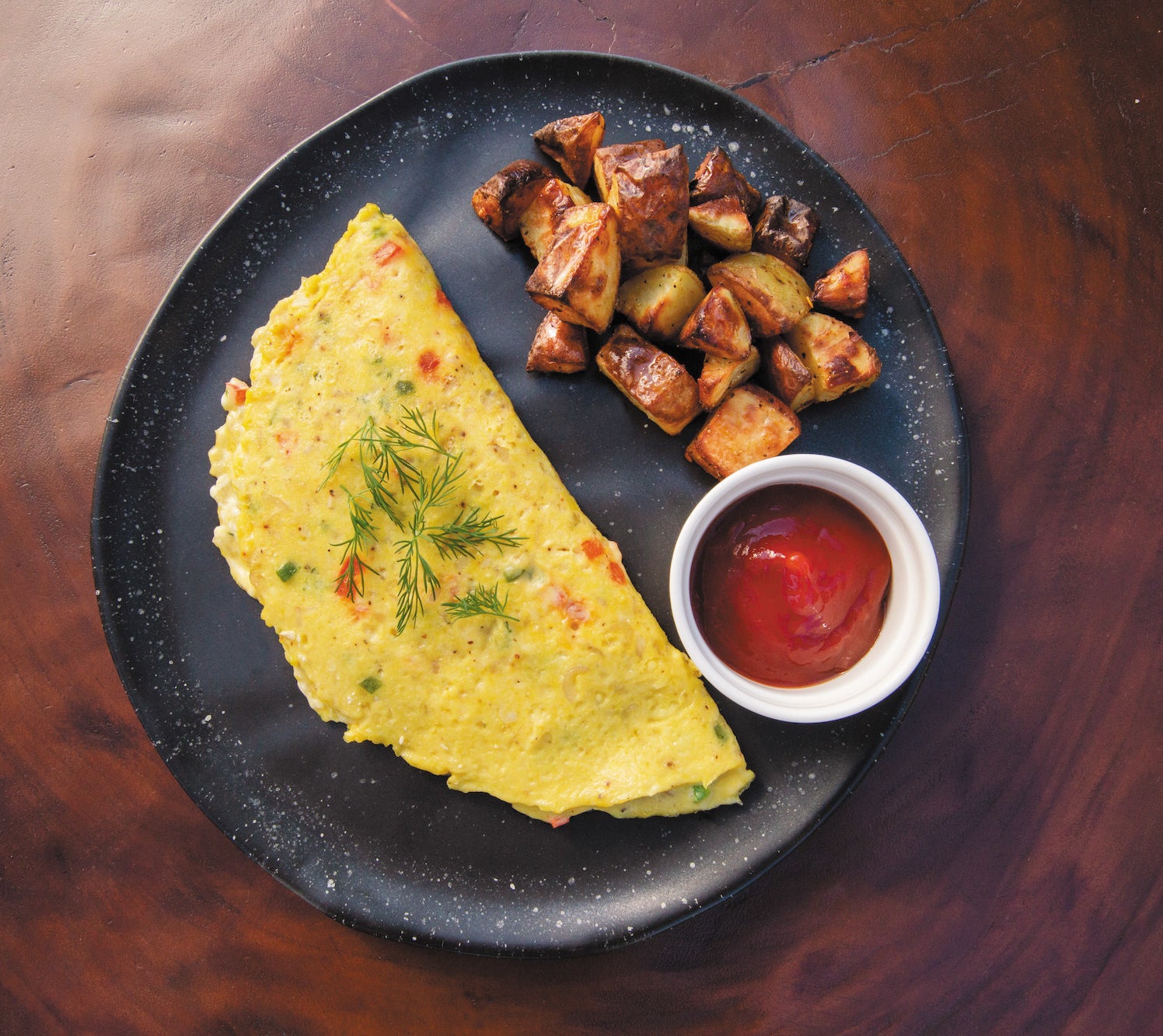
Looking back to pre-COVID times, what was it like to be a vegan actor working on a Hollywood movie set? Did craft services have options for you, or did you have to worry about what you’d eat on set?
MM: Aladdin was a mix of both, but overall they were pretty accommodating — the chef was really accommodating. My meals were pretty simple on Aladdin to be honest, because I was on a heavy fitness schedule and I was looking to lose some body fat and gain muscle. So I was basically just having tofu and broccoli with a little bit of brown rice. I had bean salad sometimes, but it wasn’t that complicated.
Overall, it’s pretty accommodating. I shot Reprisal in North Carolina so that was difficult to start because some of the chefs there kind of scoffed at the idea of being vegan. Just because obviously they’re North Carolina locals, and they don’t really understand why anyone would eat that way or how. So that was difficult, but once we got past that it was fine. I definitely did have to cook for myself a few times. I definitely had to go pick up food from outside of craft services a few times. But overall, I think it’s becoming more mainstream and people understand it. There’s probably a high percentage of people in the entertainment industry who are plant-based, so I think they see it more there than the outside world.
How has your lifestyle changed in quarantine?
MM: You know, I built a home gym. Obviously the gym is a big part of my life and fitness is a big part of my life — as is food — so I’ve just had to build a home gym from scratch and it’s been hard. Weights are more desirable than diamonds right now — it’s crazy. So yeah, I’ve been working out from home a lot more, doing a lot more cardio. I’m working on a fitness series that I’m going to do on YouTube on my own so I’ve been doing a lot more cardio.
Believe it or not, I’ve actually been cooking less now just because I do it all the time. So I want takeout more! Before when I wasn’t home, I wasn’t really taking out food because I would come home and look forward to cooking. But now that I’m cooking all the time, I find myself craving takeout more because I don’t want to cook as much. So in that way, it’s changed.
BuzzFeed: I can totally relate! I justify it to myself by saying that I’m helping great vegan restaurants stay in business.
MM: Well, it’s true! Pre-COVID, I wanted to go out and support them because they’re so niche and you want to keep them alive and well and running, but now that COVID has hit, there’s more of a need to support them as well.
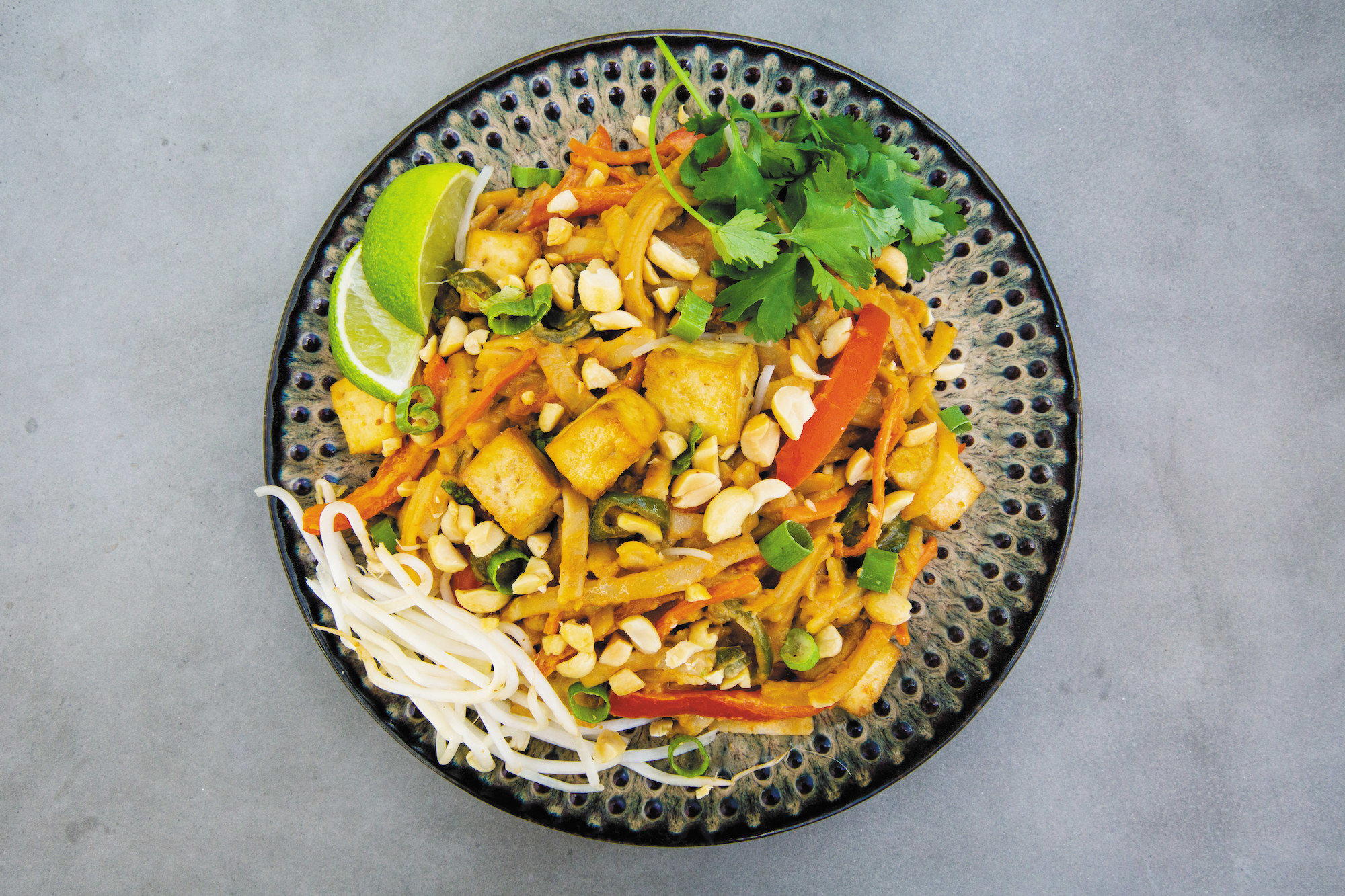
Is there a meal you've been making more often at home lately?
MM: Yeah, definitely. My pad thai recipe that you see in the book, I’ve been making a lot more lately since I’m at home more often. I buy more produce lately but it goes bad quicker, so the pad thai recipe is great because you can throw in whatever produce you have. So it’s a simple peanut pad thai and it’s in the book as well. Me and my girlfriend both have been cooking that a lot more.
What’s your go-to vegan breakfast?
MM: My go-to breakfast that I’ve basically had every day for the past four years is my morning oatmeal. It’s easy, it’s quick, and I can change it up. The one in the book is the chocolate-y one, but I also make a cinnamon one. You just sub out the cocoa powder for cinnamon and the goji berries for raisins. If I want something a little more adventurous, it’s definitely a "just egg" omelet. So I do that sometimes on the weekends. The omelet is also in the book. I don’t eat it as often, but it’s fantastic.
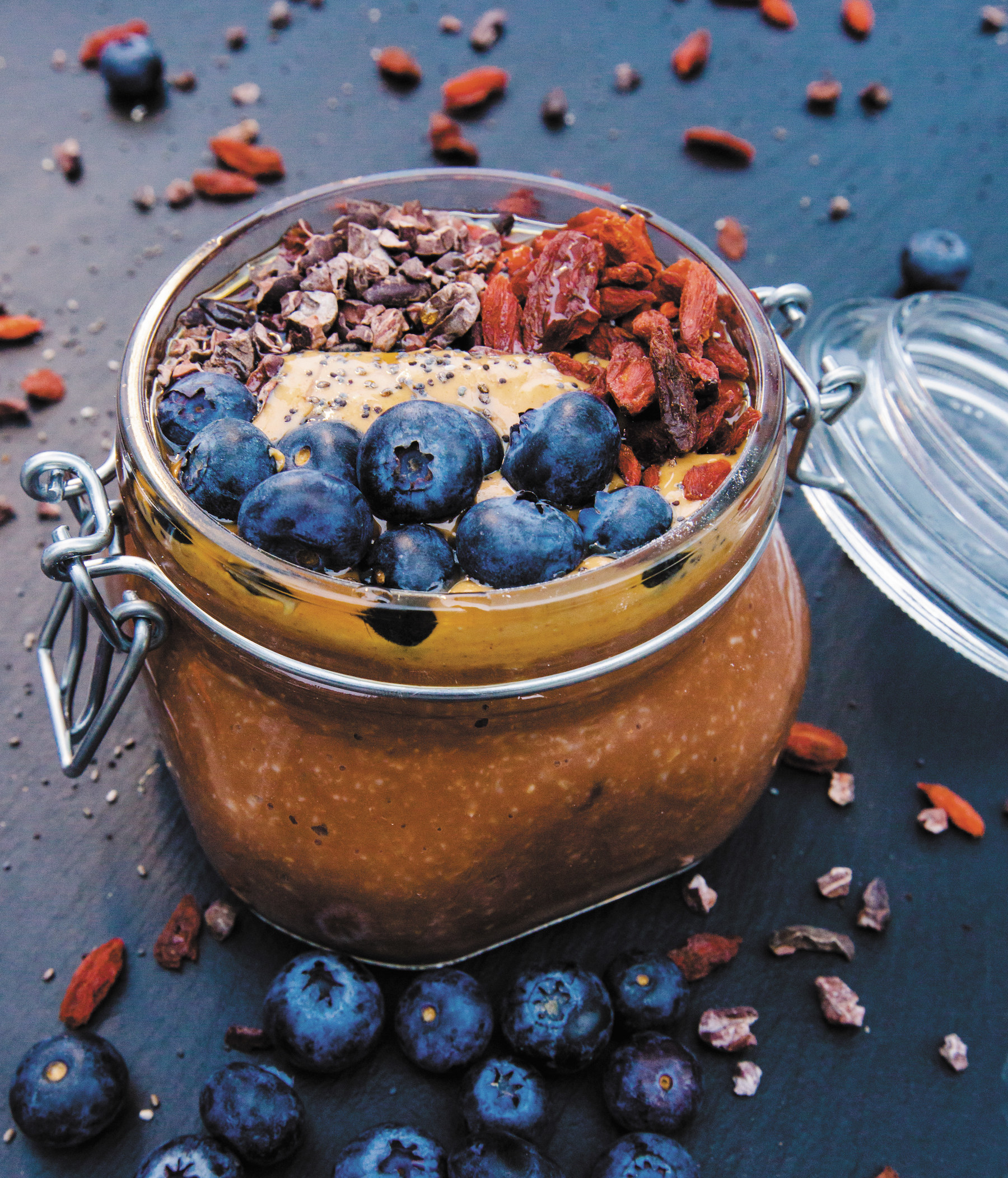
What’s your favorite meat substitute?
MM: So obviously my go-to is tofu. It’s probably the cleanest meat substitute you can buy on the market. But if you’re not opposed to processed foods, then I’d have to say the Beyond Meat sausages. Those things are incredibly addictive and delicious.
And finally, what’s your favorite vegan snack?
MM: I've been doing a lot of nuts (pistachios, pecans, peanuts) and dried fruit. But processed snacks, either Justin’s peanut butter cups or Unreal M&Ms.

